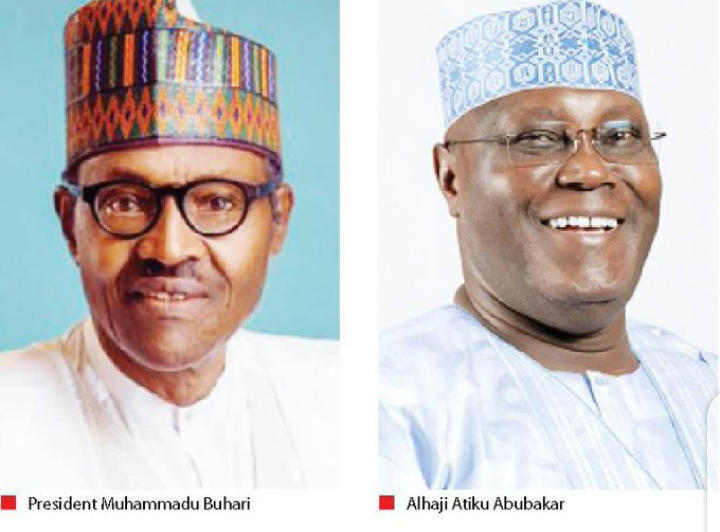
The initial date of September 15 is no longer realistic because it is a Sunday. A source at the court told LEADERSHIP last night that the judgement will be delivered on September 13.
Section 134 (1) to (3) of the Electoral Act provides that an election petition should be filed, heard and determined within 180 days.
The section was inserted into the Electoral Act following a situation where election petitions took up to four years before being resolved, leading to the disruption of the political process in the country.
According to the source, ‘’the petition of the Peoples Democratic Party (PDP) presidential candidate in the February 23 presidential election, Alhaji Atiku Abubakar and his party, will definitely be decided before September 15.
‘’They (the tribunal) cannot go beyond that date in deciding the petition one way or the other because by law, that is how far they can go in the case. They can’t sit beyond that day. They are not permitted to do so by law. The 180 days stipulated by the law will elapse that day,’’ he said.
When Atiku filed his petition on March 18, 2019, he told the tribunal that he and his party had assembled about 400 witnesses to prove his case against President Muhammadu Buhari, the candidate of the All Progressives Congress (APC) who was declared the winner of the election by the Independent National Electoral Commission (INEC).
The tribunal, headed by Justice Mohammed Garba, which began its inaugural sitting on May 7, reserved the petition for judgement on August 21 after hearing the arguments of the parties before it.
Atiku said that the election was marred by irregularities, adding that the president is not qualified and shouldn’t have been allowed to contest the election.
Last week, Atiku in his final address insisted that Buhari lied on oath in his form CF001 which he presented to INEC before standing for the contest.
In the final address presented on his behalf by his lead counsel, Dr. Levy Uzuokwu (SAN), Atiku drew the attention of the tribunal to a portion of Buhari’s form with INEC where he claimed to have three different certificates comprising primary school leaving certificate, the West African Examination Council (WAEC) certificate and Officer Cadet’s certificate.
The petitioners said that it was shocking that “no provisional certificate, no certified true copy of the certificates, no photocopy of the certificates and in fact, no electronic version of any of the certificates were presented by Buhari throughout the hearing of the petition to dispute their claims.
“More worrisome is the fact that Buhari’s own witness Maj-Gen. Paul Tarfa (rtd), who joined the Nigerian Army with him in 1962, told the tribunal that they were never asked to submit their certificates to the Nigerian Army Board as claimed by Buhari in his form CF001.
Rice, a staple for Christmas celebrations in Nigeria, has become a luxury this year. Soaring…
Panic erupted on Saturday at a concert in Lagos when the stage collapsed during Odumodublvck’s…
The Federal Government of Nigeria has allocated ₦6,364,181,224 billion for the refurbishment and rehabilitation of…
The black market dollar to naira exchange rate for today, 22nd December 2024, can be…
The Nigerian National Petroleum Company Limited (NNPCL) has refuted claims that the 60,000 barrels per…
Manchester City finds itself in unprecedented turmoil, with relegation-level form showing little sign of improvement.…